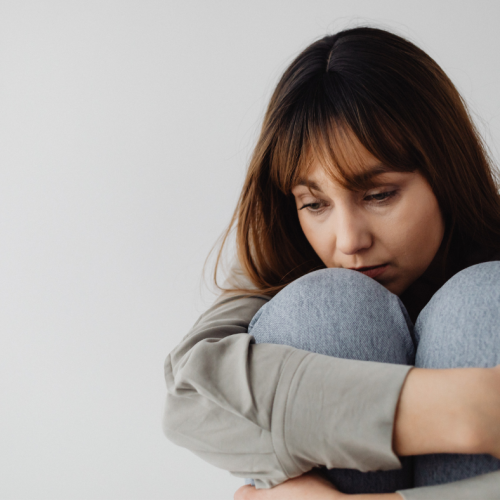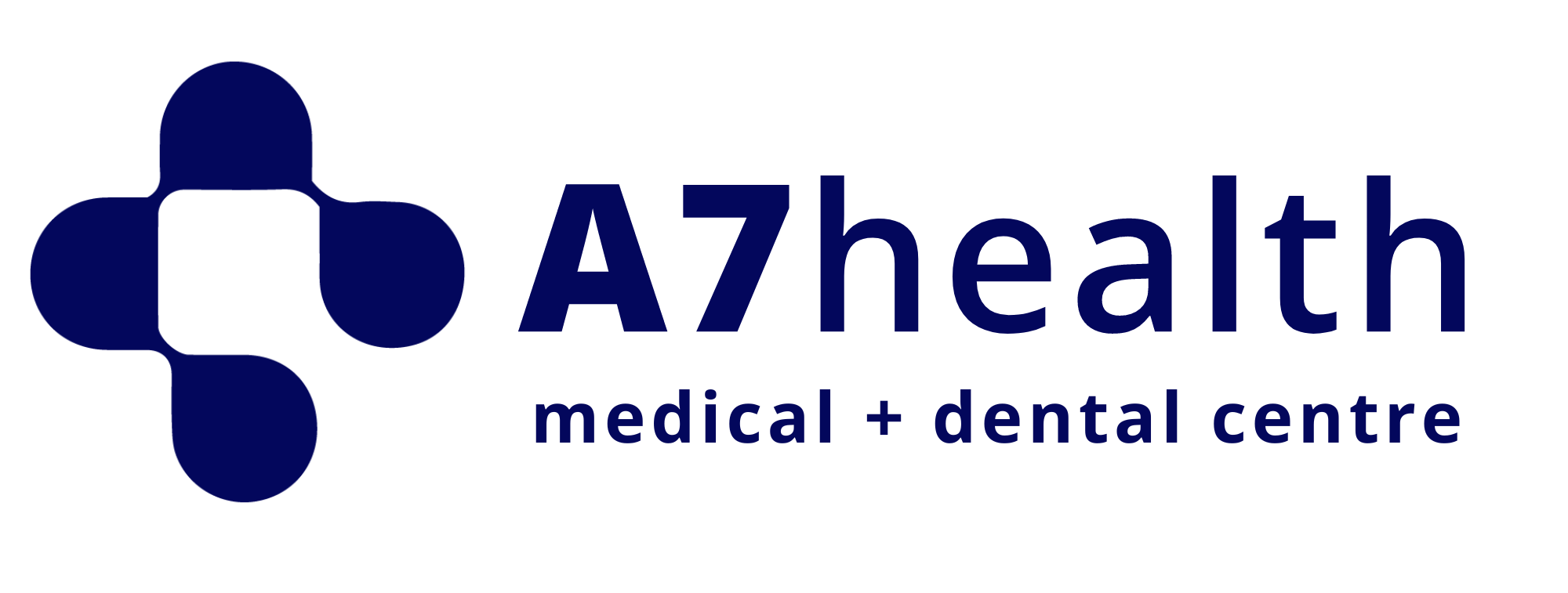Depression
Depression is a mood disorder that causes a persistent feeling of sadness and loss of interest. It is also called major depressive disorder or clinical depression. It affects how you feel, think, and behave and can lead to a variety of emotional and physical problems. You may find it hard to do normal daily activities, and sometimes you may feel that life is not worth living.
Symptoms of depression
Although depression may occur only once in a lifetime, most people have multiple episodes. During these episodes, most symptoms occur almost every day and may include the following:

- Feelings of sadness, tearfulness, emptiness or hopelessness
- Angry outbursts, irritability or frustration, even over small matters
- Loss of interest or pleasure in most or all normal activities, such as sex, hobbies or sports
- Sleep disturbances, including insomnia or sleeping too much
- Tiredness and lack of energy, even small tasks take extra effort
- Reduced appetite and weight loss or increased cravings for food and weight gain
- Anxiety, agitation or restlessness
- Slowed thinking, speaking or body movements
- Feelings of worthlessness or guilt, fixating on past failures or self-blame
- Trouble thinking, concentrating, making decisions and remembering things
- Frequent or recurrent thoughts of death, suicidal thoughts, suicide attempts or suicide
- Unexplained physical problems, such as back pain or headaches
Causes of depression
Various factors can cause depression:
- Brain chemistry –Abnormalities in brain chemical levels may lead to depression.
- Genetics –If you have a relative with depression, you may be more likely to become depressed.
- Life events –Stress, the death of a loved one, upsetting events (trauma), isolation and lack of support can cause depression.
- Medical conditions –Ongoing physical pain and illnesses can cause depression. People often have depression along with conditions like diabetes, cancer and Parkinson’s disease.
- Medication –Some medications have depression as a side effect. Recreational drugs and alcohol can also cause depression or make it worse.
- Personality –People who are easily overwhelmed or have trouble coping may be prone to depression.
Types of depression
Types of depression include:
- Major depressive disorder (MDD) –Major depression (clinical depression) has intense or overwhelming symptoms that last longer than two weeks. These symptoms interfere with everyday life.
- Bipolar depression – People with bipolar disorder have alternating periods of low mood and extremely high-energy (manic) periods. During the low period, they may have depression symptoms such as feeling sad or hopeless or lacking energy.
- Perinatal and postpartum depression –“Perinatal” means around birth. Many people refer to this type as postpartum depression. Perinatal depression can occur during pregnancy and up to one year after having a baby. Symptoms go beyond “the baby blues,” which causes minor sadness, worry or stress.
- Persistent depressive disorder (PDD) –PDD is also known as dysthymia. Symptoms of PDD are less severe than major depression. But people experience PDD symptoms for two years or longer.
- Premenstrual dysphoric disorder (PMDD) –Premenstrual dysphoric disorder is a severe form of premenstrual disorder (PMS). It affects women in the days or weeks leading up to their menstrual period.
- Psychotic depression – People with psychotic depression have severe depressive symptoms and delusions or hallucinations. Delusions are beliefs in things that are not based in reality, while hallucinations involve seeing, hearing, or feeling touched by things that aren’t actually there.
- Seasonal affective disorder (SAD) – Seasonal depression, or seasonal affective disorder, usually starts in late fall and early winter. It often goes away during the spring and summer.
Treatment for depression
Depression can be serious, but it’s also treatable. Treatment for depression includes:
- Self-help –Regular exercise, getting enough sleep, and spending time with people you care about can improve depression symptoms.
- Counselling –Counselling or psychotherapy is talking with a mental health professional. Your counselor helps you address your problems and develop coping skills.
- Medication –Prescription medicine called antidepressants can help change brain chemistry that causes depression. Antidepressants can take a few weeks to have an effect.
- Alternative medicine –People with mild depression or ongoing symptoms can improve their well-being with complementary therapy. Therapies may include massage, acupuncture, hypnosis and biofeedback.
- Brain stimulation therapy –Brain stimulation therapy can help people who have severe depression or depression with psychosis. Types of brain stimulation therapy include electroconvulsive therapy (ECT), transcranial magnetic stimulation (TMS) and vagus nerve stimulation (VNS).
